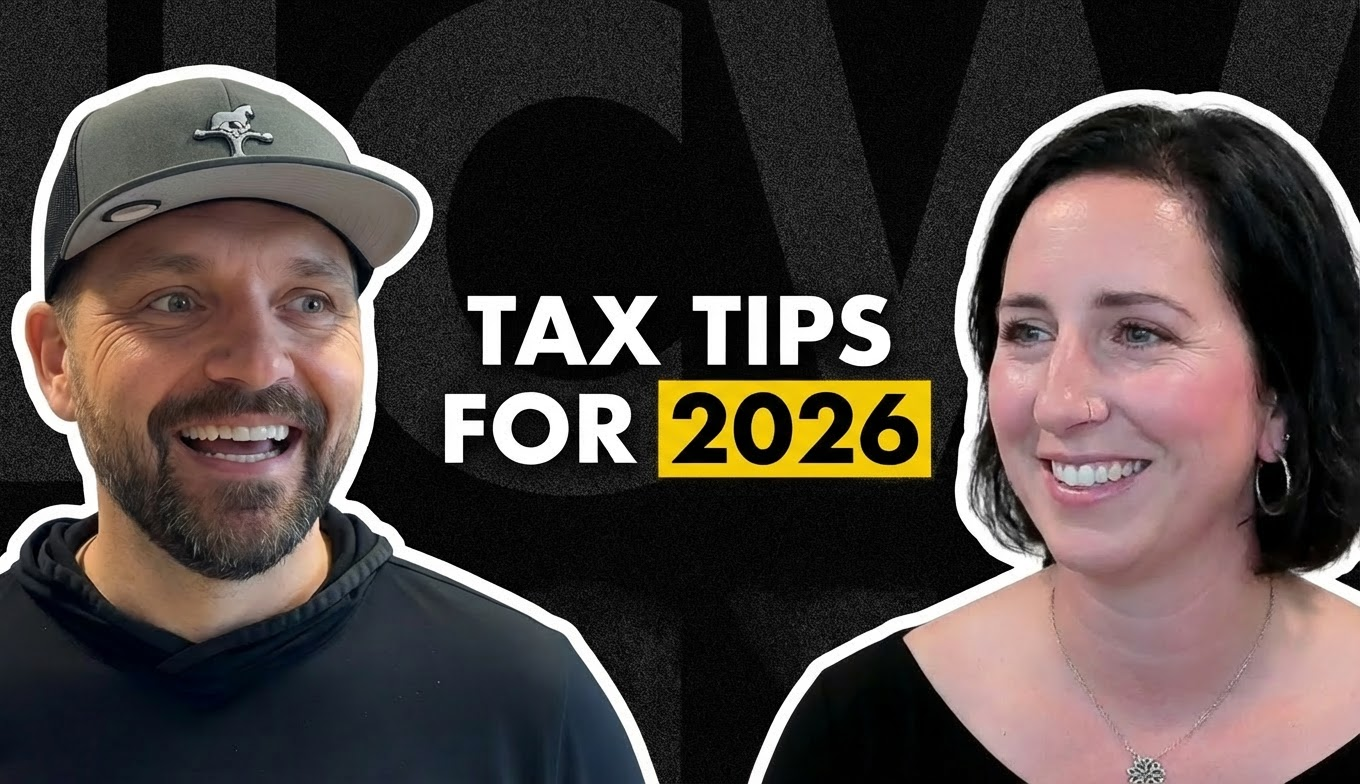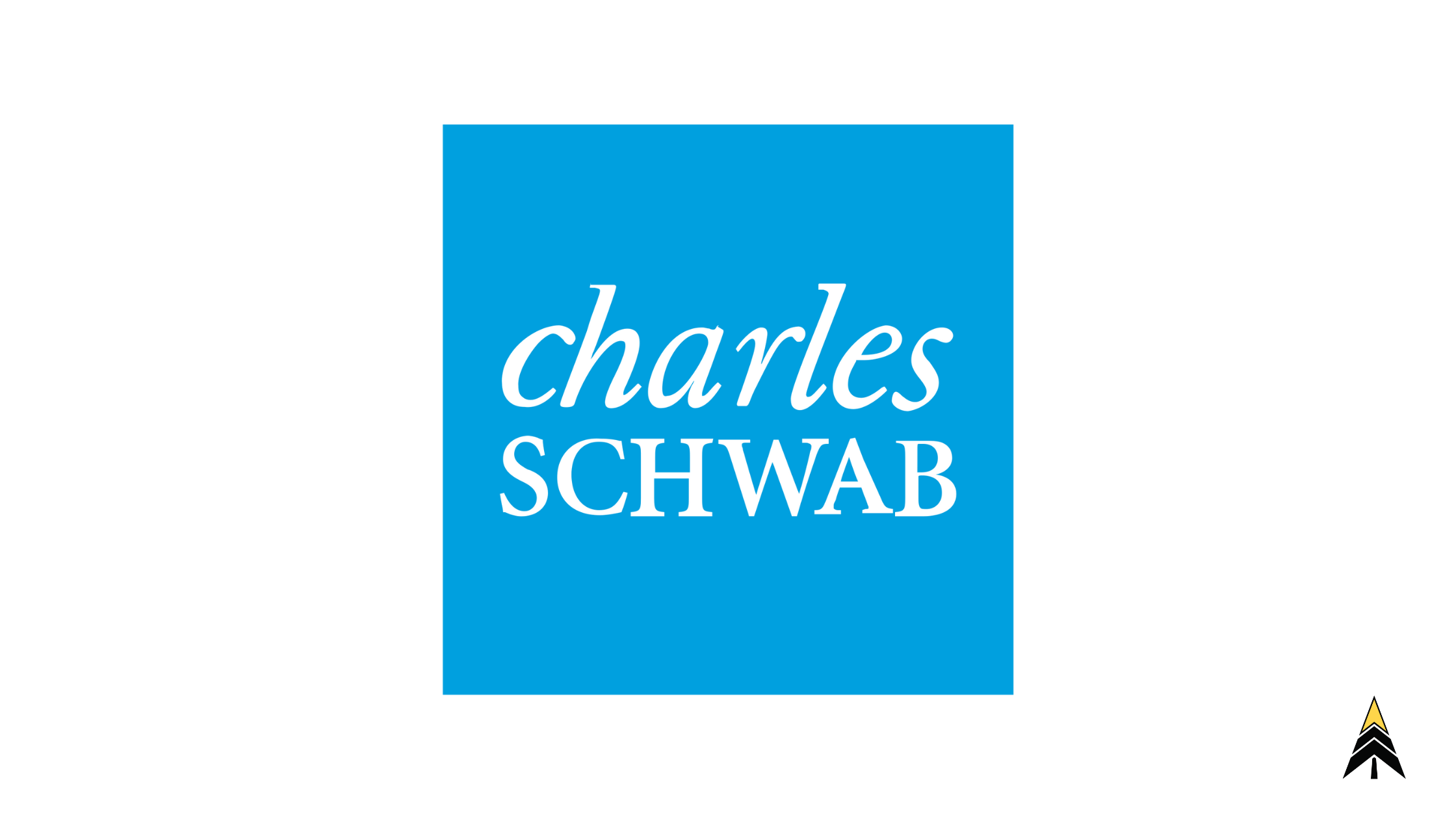When it comes to preparing for retirement, there are a lot of things to think about. But don't worry – we're here to help! In this blog post, we'll outline eight ways you can start planning for your future today. So whether you're just starting to think about retirement or you're already in the thick of it, read on for some useful tips.
Start Saving for Retirement as Early as Possible

By following these tips, you can put yourself on the path to a comfortable and secure retirement.
Know Your Retirement Needs
As you plan for your future, it's important to have a clear understanding of your retirement needs. There are several factors to consider, including how long you plan to work, your desired lifestyle in retirement, and your financial goals. insured retirement planning can help to provide peace of mind and security in retirement. It's important to work with a qualified professional to create a plan that meets your unique needs. With careful planning, you can ensure that you'll have the resources you need to enjoy a comfortable retirement.
Retirement planning is a critical aspect of financial planning for your future. It is important to know your retirement needs as you plan for your future. There are a few questions you should be asking yourself as you plan your retirement:
- How much income will I need in retirement?
- What is the best way to generate this income?
- When can I retire?
- Should I purchase an annuity?
By keeping these questions in mind, you can develop a retirement plan that works for your specific situation.
Review your Budget and Make Changes to Save More Each Month
While preparing for retirement, one of the most important things you can do is review your budget and make changes to ensure you're able to save more each month. One of the most common changes people make is to earmark a certain percentage of their income for retirement savings. Another common change is to reduce or eliminate discretionary spending, such as eating out or traveling.
By making a few simple changes to your budget, you can free up more money to save for retirement. And if you start early enough, you may even be able to retire early! So don't skip out on this step- review your budget today and start making changes that will help you reach your retirement goals.
Check out our blog, Tips for a Happier Retirement: How to Have More and Make It Last!
Choose a Debt to Pay Off
As you approach retirement, it's important to get your financial affairs in order. One key element of this is paying off any outstanding debt. While it may be tempting to simply let your debt ride into retirement, this can have significant consequences for your financial wellbeing. For one thing, carrying debt into retirement can increase your tax liability. If you're retired and living on a fixed income, even a small increase in taxes can put a strain on your budget.
Additionally, having debt can also make it difficult to qualify for early retirement benefits. So, as you're preparing for retirement, choose a debt to pay off. If you have a credit card balance or car loan, look at the amount you owe and create a plan to pay off the debt. You'll be glad you did when you're enjoying a stress-free retirement.




Invest in a 401k or IRA Account to Take Advantage of Tax Breaks
Of course, saving for retirement is not always easy. But there are a few things you can do to make it easier on yourself. First, take advantage of employer-sponsored retirement plans, like 401(k)s or IRA’s. These plans offer tax breaks that can help you save more money. Second, consider using automatic savings plans. With these plans, you can have a certain amount of money automatically transferred from your checking account into your savings account each month. This makes saving for retirement much less daunting and helps you stay on track.
Downsize Your Home to Reduce Expenses and Increase Savings

So, not only can downsizing save you money on expenses, but it can also help you reduce your tax bill.
Delay Retirement Until You're Older
As you prep for retirement, one key strategy is to delay retirement until you're older. By waiting just a few extra years, you'll likely be eligible for Social Security benefits. And, since these benefits are calculated based on your highest 35 years of earnings, every year you delay starting to receive their results in higher monthly payments.
Of course, delaying retirement also has some tax implications that you'll need to consider. If you're early retirement tax planning, you may want to take advantage of the lower tax rates available to those who are no longer working. However, if you're still working and contributing to a 401(k) or another retirement account, you may want to hold off on withdrawing those funds until you're in a lower tax bracket.
Finally, if you're still several years away from retirement, now is a great time to start considering your options for an insured retirement plan. By starting early, you'll have more time to let your money grow and compound, which can make a big difference in your overall retirement nest egg. So don't wait - start planning for a later retirement date today.
Plan Out Your Expenses for After Retirement
One of the most important things to do is to plan out your expenses as you prepare for retirement. This includes looking at your current budget and making sure that your after-retirement income will cover all of your costs. It's also important to factor in any changes in your lifestyle that you expect to occur after retirement. For example, you may no longer have a mortgage payment, but you may need to travel more to visit family and friends. By taking the time to plan out your post-retirement budget, you can ensure that you'll be able to afford the lifestyle you want.
No one can predict the future, but by planning and taking small steps towards retirement readiness each day, you’ll be able to relax into this new season with more confidence. If you want to learn more about these topics, or need help getting started on your retirement plan, check out our podcast episode where dive into some of the biggest mistakes made when it comes to retirement. Until then, start thinking about what kind of legacy you want to leave behind in your retirement years – the sky is the limit!
The 3 Biggest Risks in Retirement Podcast
This page is a publication of Fiat Wealth Management, LLC. The firm is registered as an investment adviser and only conducts business in states where it is properly registered/notice filed or is excluded from registration requirements. Registration is not an endorsement of the firm by securities regulators and does not mean the adviser has achieved a specific level of skill or ability.
The information presented is believed to be current. It should not be viewed as personalized investment advice. All expressions of opinion reflect the judgment of the authors on the date of publication and may change in response to market conditions. You should consult with a professional advisor before implementing any strategies discussed. Content should not be viewed as an offer to buy or sell any of the securities mentioned or as legal or tax advice. You should always consult an attorney or tax professional regarding your specific legal or tax situation.













.png)